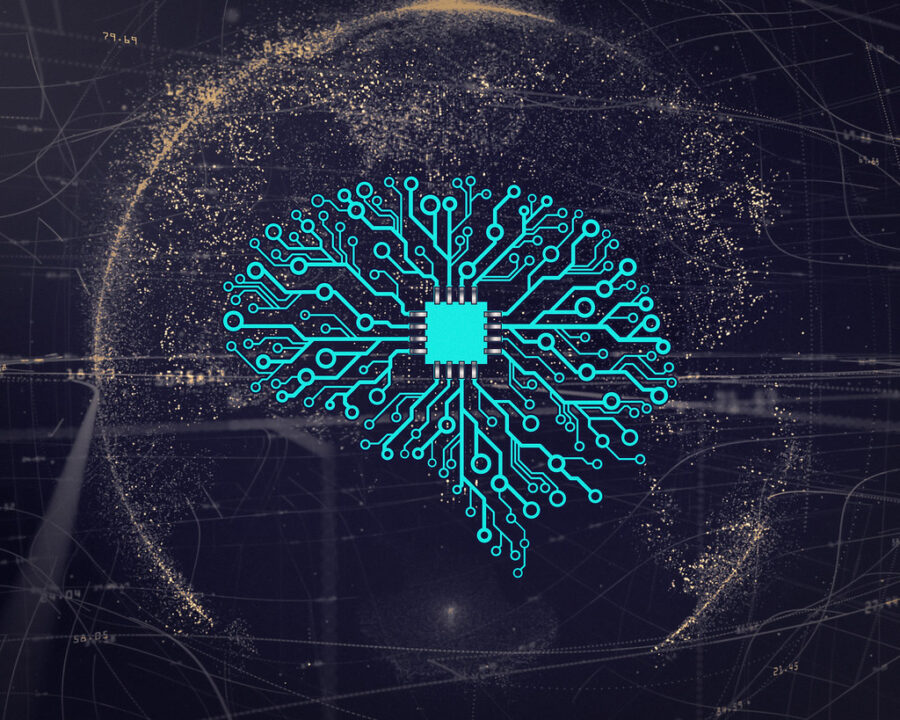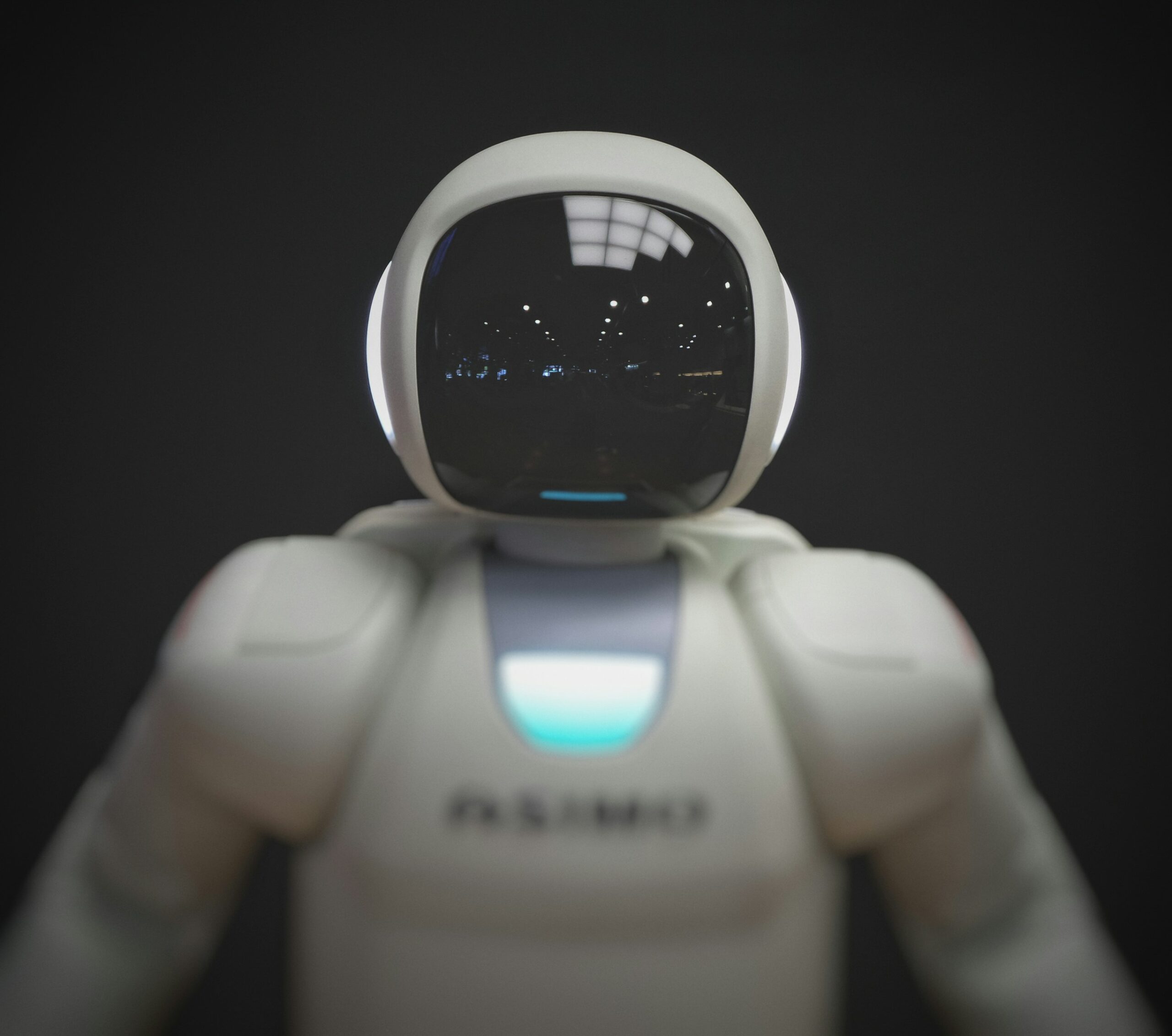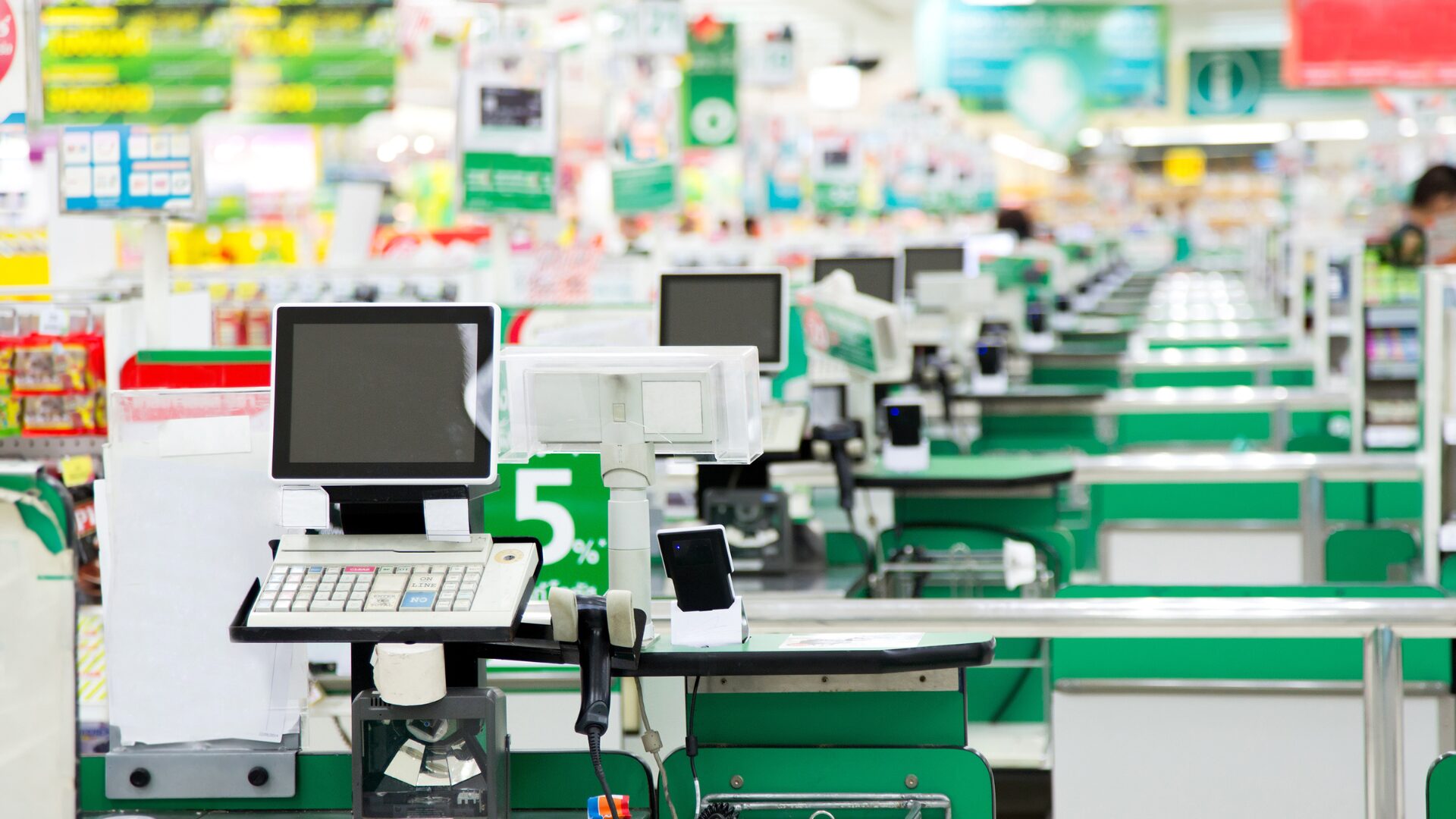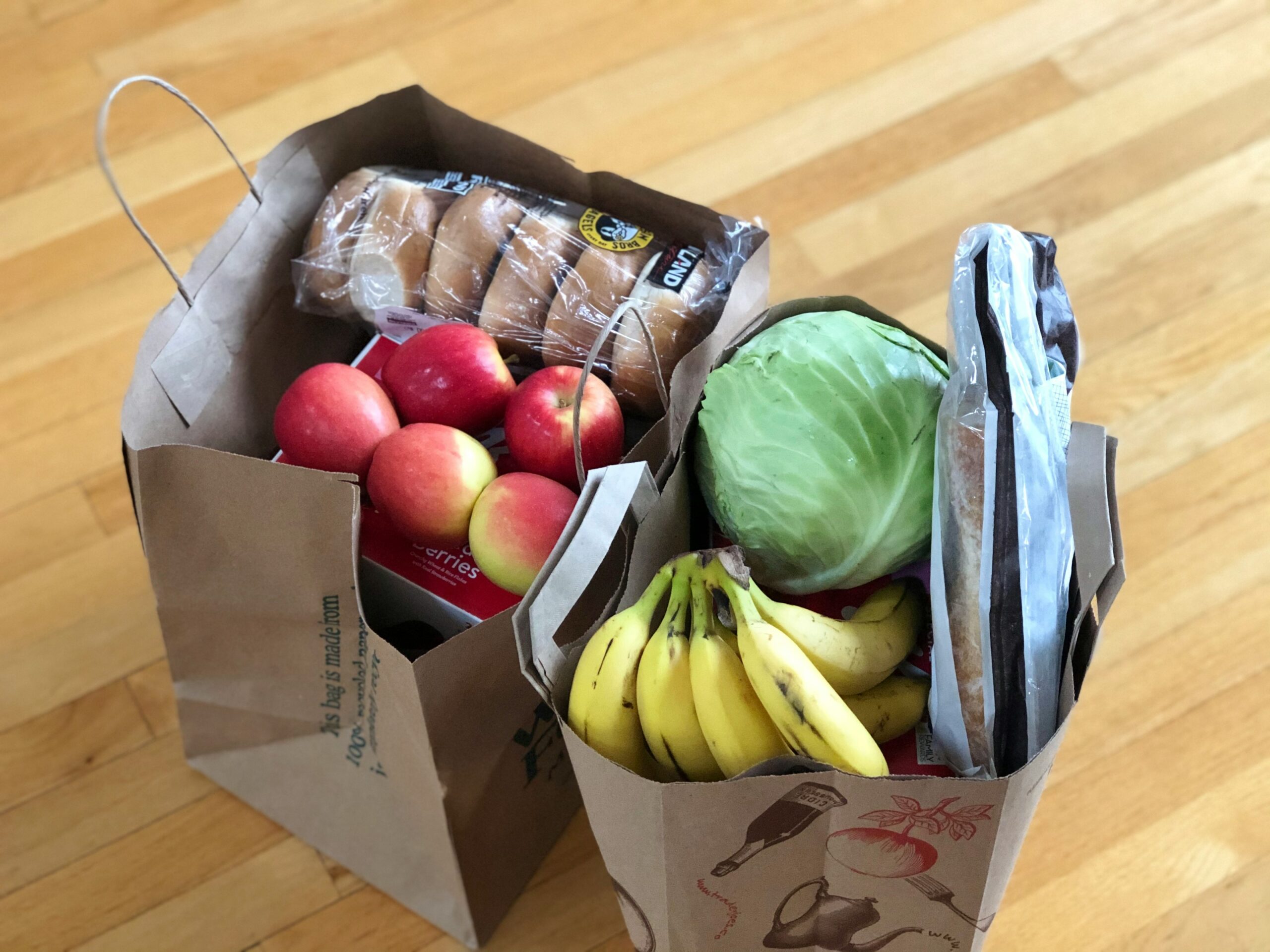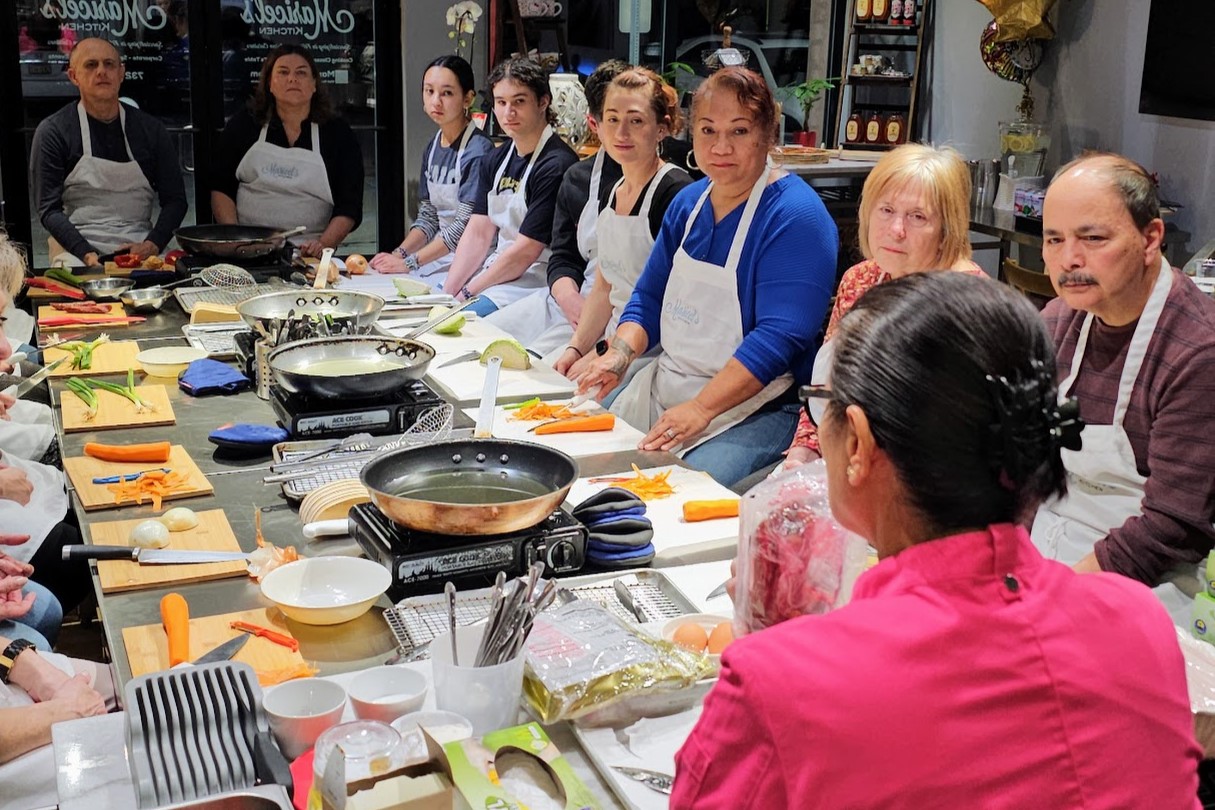We haven’t quite hit the promise of HAL in “2001,” but generative artificial intelligence is poised to revolutionize nearly all aspects of business, including the food industry.
A recent report from McKinsey & Co. predicts major increases in productivity and threats to the livelihoods of workers in 850 occupations, including customer operations, marketing and sales, software engineering, and research and development, Bloomberg recently reported.
The report estimates coming advances will be worth $4.4 trillion, or 4.4% of the global economy.
In the food industry, these changes are expected to streamline everything from the way food is produced on the farm to the way it is presented in the grocery store and delivered to restaurant diners.
The good news for those whose jobs are impacted is that unlike earlier waves of automation, workers likely will find themselves shifted into different functions or different professions.
Categories Impacted Most
The report found middle managers at the most risk of displacement by AI. The McKinsey report noted:
“Current generative AI and other technologies have the potential to automate work activities that absorb 60 to 70 percent of employees’ time today.”
The report also noted that “the acceleration in the potential for technical automation is largely due to generative AI’s increased ability to understand natural language, which is required for work activities that account for 25 percent of total work time.”
Max Zats, chief technology officer of Craftable, told The Food Institute AI will be incorporated into everything from automating invoicing to business intelligence solutions.
“We’re now seeing how we’re able to do some incredibly complex functionality and deliver it in a simple way: creating optimal schedules, real-time staffing and shift changes, and powerful budgeting and sales forecasting tools,” Zats said.
Other experts told The Food Institute farm operations will be incorporating robots for planting and monitoring growing conditions, as well as optimizing water and fertilizer use. From there smart labeling and packaging is expected to allow consumers to better judge the freshness and safety of products. AI also can estimate consumer demand, optimize inventory management and minimize losses, as well as create personalized diet plans.
Restaurant Industry Revolutionized
As much as 35% of the multibillion-dollar restaurant industry goes to labor costs.
Kam Talebi of Butcher’s Tale expects to see food vending machines and robots replacing people manning the counters and doing the cooking in the fast-food sector and predicted:
“A human employee will only show up [at QSRs] for maintenance or repair,” Talebi said, adding, it’s unlikely, however, that will spread to casual dining.
Anthony Buzzetta, CEO of tech company G TIER, said the shift toward AI may force some small companies out, unable to compete on a cost basis with their larger competitors that can afford the technology investment.
Lareina Yee, a senior partner at McKinsey and chair of technology, said in the report business leaders “need to understand which activities can be changed and how they want to rethink that. That is a leadership choice, and it’s also execution.”
The Food Institute Podcast
Innovation isn’t accidental; companies that successfully innovate are rigorous and disciplined. SnackFutures Mondelez insights lead Barbara Schandl joined The Food Institute Podcast to discuss food innovation strategies in 2023 and shared her viewpoints on uncovering team members’ hidden skills and how curiosity is key for food industry success.


